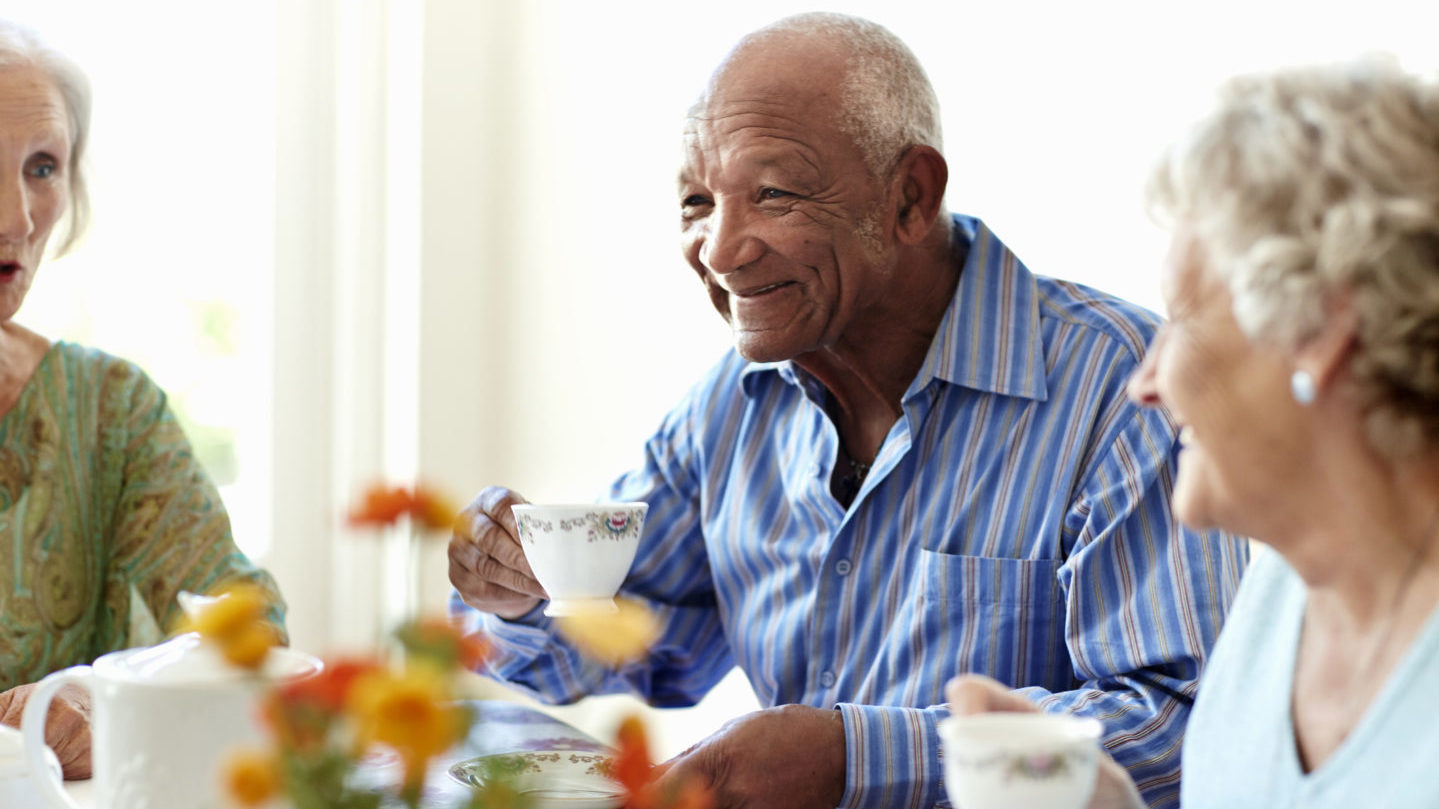
Dehydration can take a devastating health toll on seniors. To help encourage proper hydration, clinicians should address myths and emphasize helpful drinking habits, say researchers from University College London, UK.
A study of older adults at risk for malnutrition and dehydration revealed that participants often were misinformed about hydration. Some believed that the feeling of thirst reliably indicates a need to drink. That may no longer be the case for older people, said lead author Cini Bhanu, M.D., Ph.D. Another myth is that one must drink water. “In fact, tea, coffee and juices all count,” she said.
Fear of incontinence was also a common concern among study participants. Making toilet access and use easier may also support hydration, the authors wrote.
These interventions are more likely to be effective when older people are encouraged to drink more of what they enjoy and associate the action with pleasure, added Bhanu. Taste, drink variety and the social role of drinking are valid considerations, she said. Even beer can be hydrating in some cases, if consumed within the recommended guidelines by adults who don’t need to restrict intake, she said.
Dehydration may affect up to half of frail older people. It is linked to greater risk of adverse health outcomes such as stroke, falls and hospital admissions.
The study was published in the journal Age and Aging.




